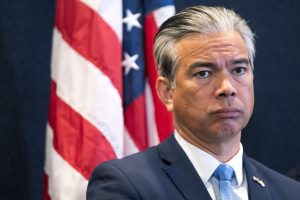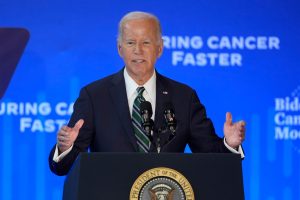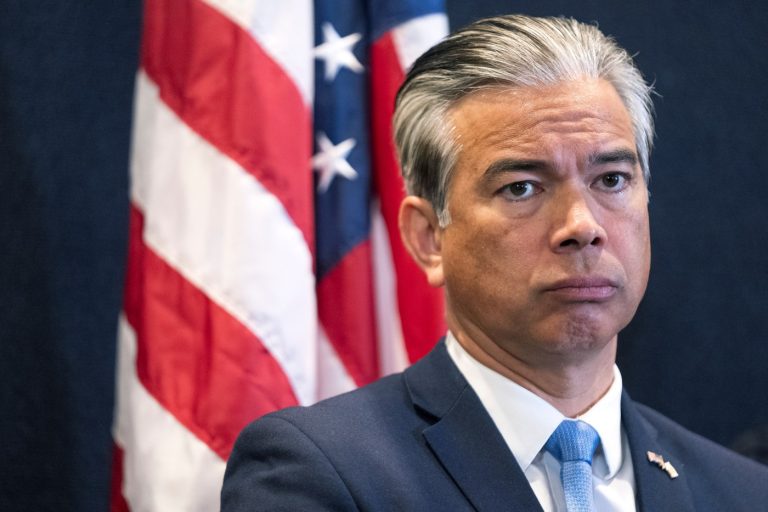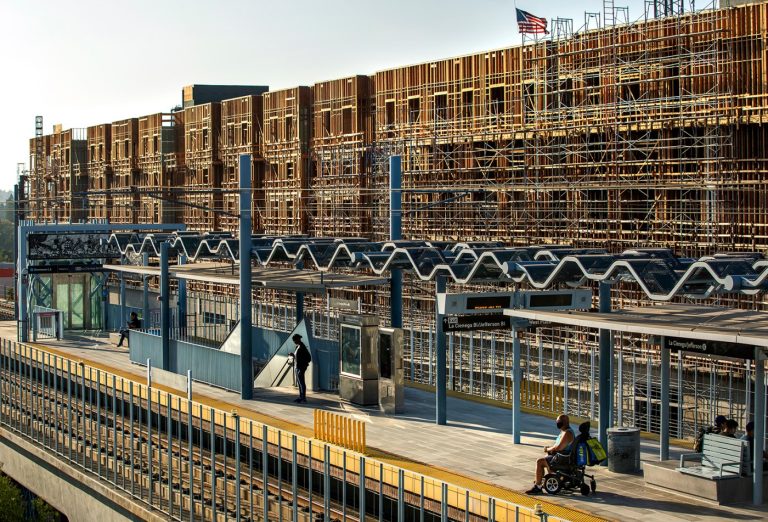RICHMOND — A tax measure targeting the Chevron Refinery in Richmond could be pulled from the November ballot in exchange for a $550 million payment made over 10 years, saving the city years of likely expensive litigation.
A special City Council meeting was scheduled for Wednesday, the deadline for removing the tax measure from the ballot, to allow the council members to weigh in on the proposed agreement.
The refinery tax ballot measure would have cost Chevron between $60 million and $90 million annually, depending on the amount of raw materials the plant processed, was set to appear on the ballot this November. It had the unanimous backing of Richmond’s councilmembers.
State data shows Richmond residents have some of the highest rates of asthma in the state, an illness linked to refinery particulate matter along with bronchitis and other respiratory illnesses. Each year, between five and 11 people die prematurely in the city because of emissions from Chevron, according to the Bay Area Air Quality Management District. The air district also estimates that health impacts from the refinery cost the area between $52 million and $118 million annually.
If the agreement is approved, Chevron would pay $50 million annually to the general fund for the first five years, followed by $60 million annually the last five. The city would retain its right to impose new taxes on Chevron and other businesses, but the settlement payments would be credited toward what the refinery would owe.
“Chevron and the City Attorney, supported by a City Council ad hoc committee, have negotiated a settlement agreement that would end the current lawsuit and the threat of new ones,” according to a staff report prepared by City Attorney Dave Aleshire.
Related Articles
Walters: California’s aggressive moves against oil chased out Chevron
Gas prices plummet in California over past three months
How will Chevron’s move to Texas affect the East Bay?
Chevron to move headquarters from Bay Area to Texas after warning about regulation
Chevron employee, newly formed coalition challenge Richmond refinery tax ballot measure
The settlement vote comes just days after Contra Costa County Superior Court Judge John P. Devine agreed in part with arguments raised by the recently formed nonprofit Coalition for Richmond’s Future and Chevron employee Daniela Dickey asserting the ballot language was misleading because it said tax dollars would fund various city projects without noting a vast majority of the general fund covers staff salaries and benefits.
The courts issued a ruling requiring that a portion of the ballot language be changed, but the issue has yet to be argued by the parties, Aleshire noted. The council wa scheduled to discuss the lawsuit and decision in closed session Tuesday.
Chevron spokesperson Ross Allen declined to comment on the decision and representatives with the Make Polluters Pay Coalition did not immediately responded to requests for comment on Tuesday.
Allen and various Chevron employees have argued the measure would be detrimental to the future of the refinery and city. Meanwhile, proponents of the measure have asserted the corporation can and should compensate Richmond for what they say have been years of negative impacts to the health and well-being of the city and its residents.
Kerry Guerin, an attorney with the Polluters Pay Coalition, stood by the ballot language when it was initially challenged in court, asserting similar phrasing can be found in ballot measures across the country. Aleshire also backed the ballot measure, but noted the city could get stuck in a years-long legal battle similar to one seen in Los Angeles County’s city of Carson where a refinery tax was adopted in 2017.
“The city disagrees with Chevron’s legal critique, but cannot deny that litigation is likely, and may be long-lasting and expensive,” Aleshire wrote before recommending the city accept the settlement agreement.
The council on Wednesday could accept the agreement, pull the measure from the ballot, or opt to keep the measure on the ballot for voters to decide. Another option would be to direct staff to continue negotiating with Chevron.












